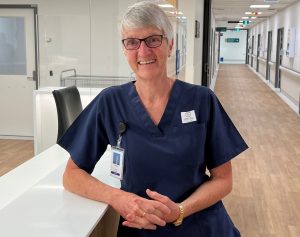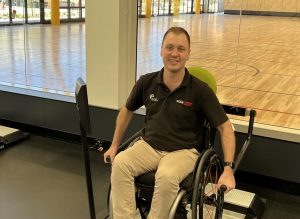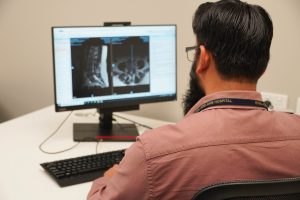When it comes to spinal cord injury – time is critical. That’s the overwhelming message of spinal surgeon Professor Brian Freeman’s research.
Among all of the studies he is involved with, reducing the time from the accident scene to the operating theatre to within 8 hours is most critical to help preserve neurological function.
“It’s the number one thing we need to do, apart from prevention of course,” Prof Freeman says.
Prof Freeman and his team developed the Code Spine protocol for the treatment of acute spinal cord injuries to get patients to the right care early.
In addition, he has led the SPinal Emergency Evaluation of Deficits (SPEED) trial in SA.
SPEED was developed to determine whether a simple assessment of neurological function can rapidly determine the level and severity of a cervical spinal cord injury.
More than 600 South Australian paramedics have been trained in the SPEED assessment to evaluate a patient’s foot motor and sensory function.
“It’s a very quick assessment and they’re very accurate,” Prof Freeman says. “It’ll make a huge difference in the long-term.”
Professor Freeman presented the latest on his research at RAHsearch, during CALHN Research Week. You can view the session on the Central Adelaide LHN Facebook page.
RAHsearch is free and proudly sponsored by the RAH Research Fund and The Hospital Research Foundation.



